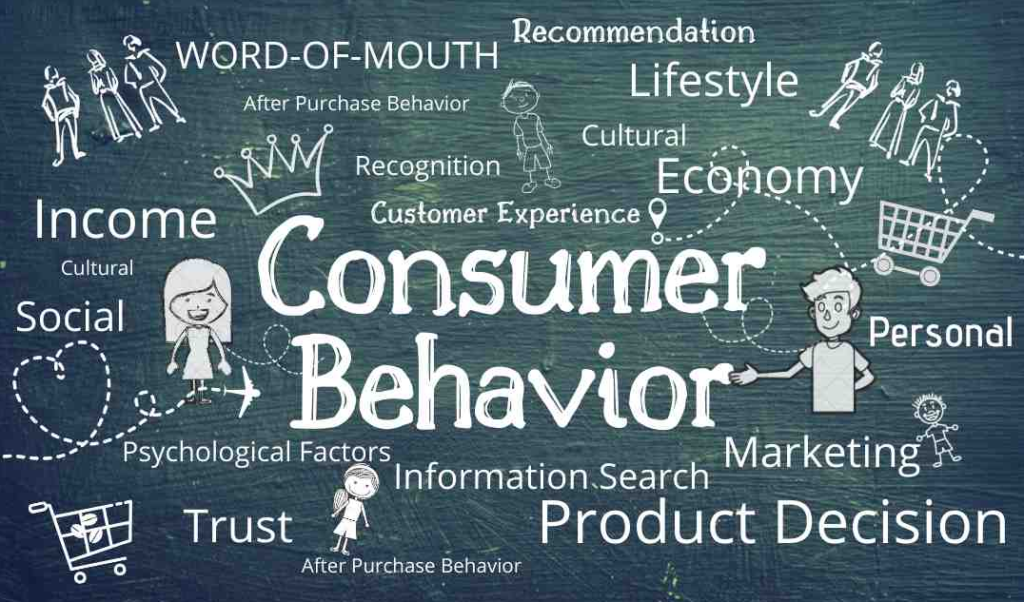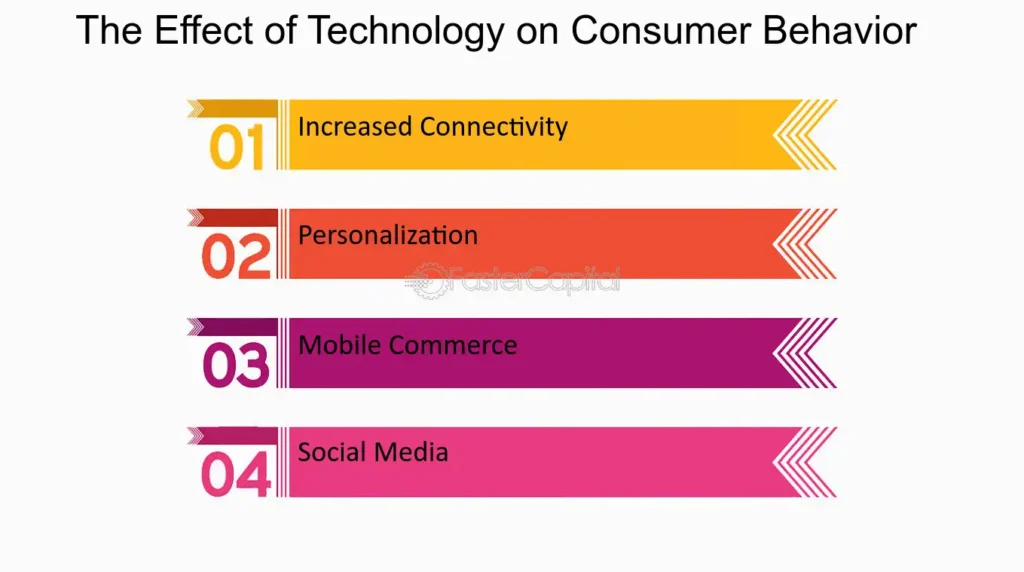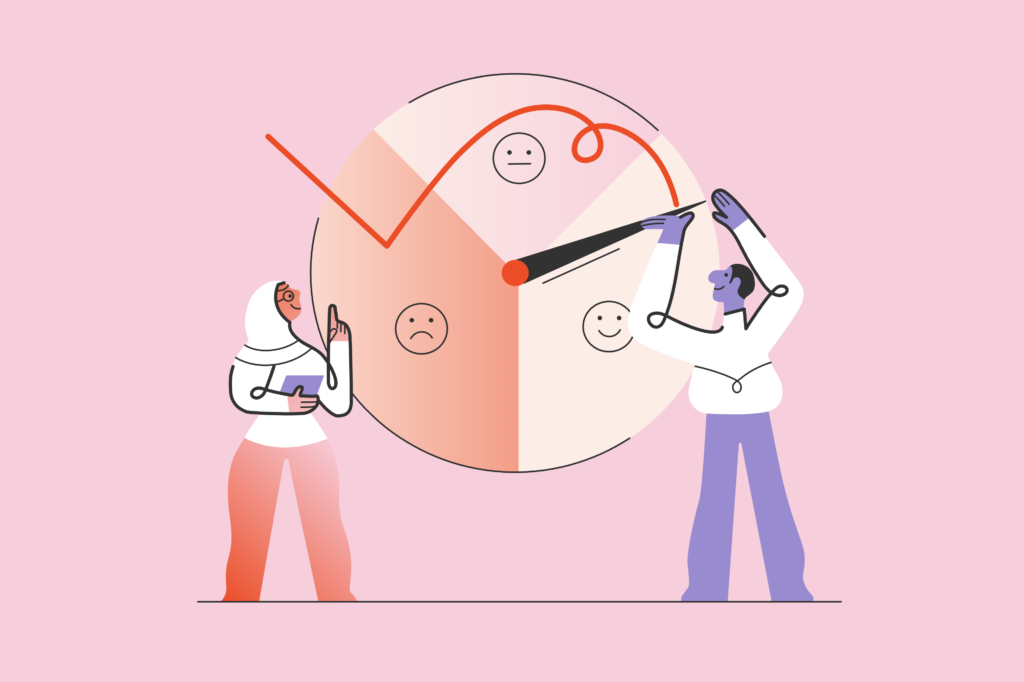Introduction
Have you noticed how quickly consumer preferences and behaviors can change? From shifting shopping habits to evolving technological preferences, keeping up with these changes is crucial for businesses to stay competitive. Understanding and adapting to changes in consumer behavior can be challenging, but it’s essential for success. In this guide, we’ll explore how businesses can effectively adapt to these changes and stay ahead of the curve.

Understanding Consumer Behavior
What Drives Consumer Behavior?
Consumer behavior is influenced by various factors including cultural, social, personal, and psychological aspects. These factors shape how consumers make purchasing decisions, from what they buy to how and where they buy it.
The Importance of Consumer Insights
To adapt to changes in consumer behavior, businesses must gather and analyze consumer insights. This involves understanding the motivations, needs, and preferences of your target audience. Utilizing data analytics, surveys, and feedback can provide valuable insights into consumer behavior.

The Impact of Technology on Consumer Behavior
Digital Transformation
The digital age has drastically altered consumer behavior. With the rise of e-commerce, social media, and mobile technology, consumers now have more information and options at their fingertips than ever before. This digital transformation means businesses must be agile and tech-savvy to meet consumer expectations.
The Role of Social Media
Social media platforms have become powerful tools for influencing consumer behavior. They provide a space for consumers to share experiences, seek recommendations, and engage with brands. Businesses leveraging social media effectively can build stronger customer relationships and drive engagement.
Adapting to Changes in Consumer Behavior
Embrace Technology
To keep up with changing consumer behavior, businesses must embrace technology. This includes investing in e-commerce platforms, mobile apps, and other digital tools that enhance the customer experience. Technology can also streamline operations and provide valuable data for decision-making.
Personalize the Customer Experience
Consumers today expect personalized experiences. Utilizing customer data to tailor marketing messages, product recommendations, and customer service can significantly enhance customer satisfaction and loyalty. Personalization shows consumers that you understand their needs and preferences.
Stay Agile
Flexibility is key to adapting to changes in consumer behavior. Businesses should be prepared to pivot their strategies and operations in response to emerging trends and consumer demands. This might involve rethinking your product offerings, marketing tactics, or customer service approach.
Focus on Customer Engagement
Engaging with customers is more important than ever. Businesses should prioritize building relationships with their customers through various channels, such as social media, email marketing, and in-store interactions. Engaged customers are more likely to be loyal and advocate for your brand.
Leverage Data Analytics
Data analytics can provide deep insights into consumer behavior. By analyzing data from various sources, businesses can identify patterns, predict trends, and make informed decisions. This data-driven approach enables businesses to stay ahead of changes in consumer behavior.

Strategies for Adapting to Consumer Behavior Changes
Market Research and Consumer Feedback
Regularly conducting market research and gathering consumer feedback is essential. Surveys, focus groups, and online reviews can provide valuable information on what consumers want and how their preferences are evolving. This information can guide your business strategies and decisions.
Innovate and Diversify
Innovation is key to staying relevant in a rapidly changing market. Businesses should continuously seek ways to improve their products and services. Diversifying your product line can also help meet the varying needs of consumers and capture new market segments.
Enhance the Customer Journey
Mapping out and optimizing the customer journey is crucial. From initial awareness to post-purchase support, every touchpoint should be seamless and satisfying. Providing excellent customer service and ensuring a positive experience at each stage can drive repeat business and customer loyalty.
Adopt Sustainable Practices
Sustainability is becoming increasingly important to consumers. Businesses that adopt sustainable practices can appeal to environmentally conscious consumers and differentiate themselves from competitors. This can include using eco-friendly materials, reducing waste, and supporting social causes.
Case Studies: Successful Adaptations
Case Study 1: Netflix
Netflix is a prime example of a company that successfully adapted to changing consumer behavior. Originally a DVD rental service, Netflix recognized the shift towards digital consumption and transitioned to a streaming service. By continuously analyzing viewer data and preferences, Netflix now offers personalized content recommendations, keeping subscribers engaged and satisfied.
Case Study 2: Starbucks
Starbucks has effectively adapted to changing consumer behavior by embracing technology and personalization. The Starbucks mobile app allows customers to order and pay ahead, receive personalized offers, and earn rewards. This convenient and personalized experience has enhanced customer loyalty and increased sales.
Case Study 3: Nike
Nike has leveraged social media and technology to stay connected with consumers. Through their Nike Training Club app, they offer personalized workout plans and track fitness progress. Nike also engages customers through social media campaigns that resonate with their audience’s values and lifestyle.

The Role of Employee Training and Development
Empowering Employees
Employees play a crucial role in adapting to changes in consumer behavior. Providing ongoing training and development ensures that employees are knowledgeable about the latest trends and equipped to meet customer needs. Empowered employees can deliver better customer service and drive business success.
Fostering a Culture of Innovation
Encouraging a culture of innovation within your organization can help adapt to consumer behavior changes. Employees should feel empowered to suggest new ideas and improvements. Regular brainstorming sessions and open communication can foster creativity and innovation.
Conclusion
Adapting to changes in consumer behavior is essential for businesses to thrive in today’s dynamic market. By understanding what drives consumer behavior and leveraging technology, personalization, and engagement strategies, businesses can stay ahead of the curve. Continuous innovation, market research, and a focus on customer experience are key to successfully navigating these changes. Embracing these strategies will ensure your business remains relevant, competitive, and capable of meeting the ever-evolving needs of your customers.
Why is it important to adapt to changes in consumer behavior?
Adapting to changes in consumer behavior is crucial for staying competitive and meeting customer expectations. It ensures your business remains relevant and can effectively cater to evolving consumer needs.
How can businesses gather consumer insights?
Businesses can gather consumer insights through market research, surveys, customer feedback, data analytics, and monitoring social media trends. These insights help understand consumer preferences and behavior.
What role does technology play in adapting to consumer behavior?
Technology plays a significant role by providing tools for data analytics, personalized marketing, and enhanced customer experiences. It helps businesses stay agile and responsive to consumer needs.
How can businesses personalize the customer experience?
Businesses can personalize the customer experience by using customer data to tailor marketing messages, product recommendations, and customer service interactions. This can be achieved through CRM systems, personalized email marketing, and targeted advertising.
What are some examples of companies that successfully adapted to consumer behavior changes?
Companies like Netflix, Starbucks, and Nike have successfully adapted by leveraging technology, personalization, and customer engagement strategies. They continuously innovate and use data to understand and meet consumer needs.